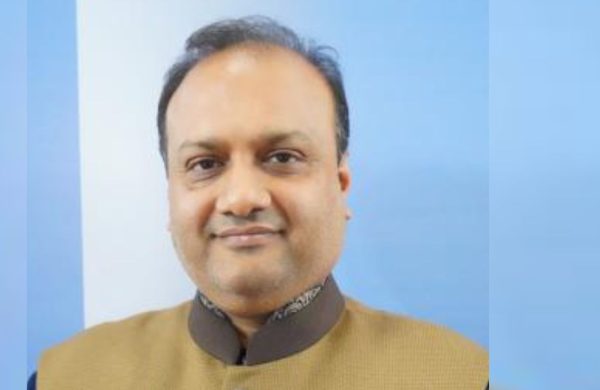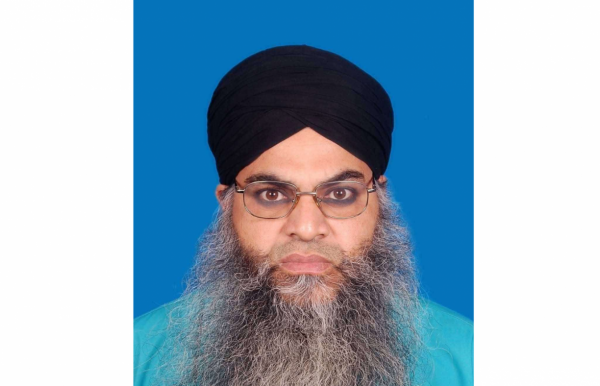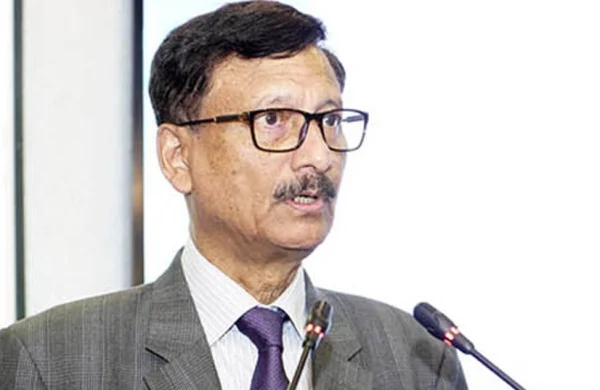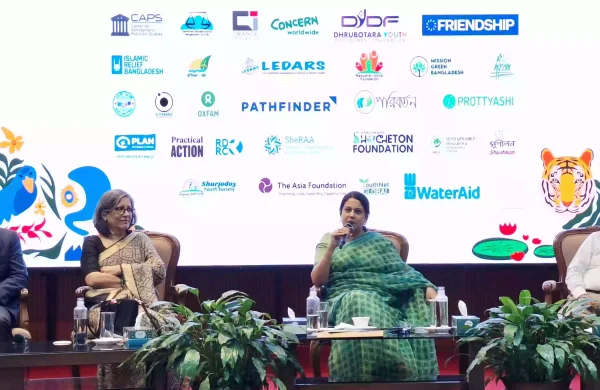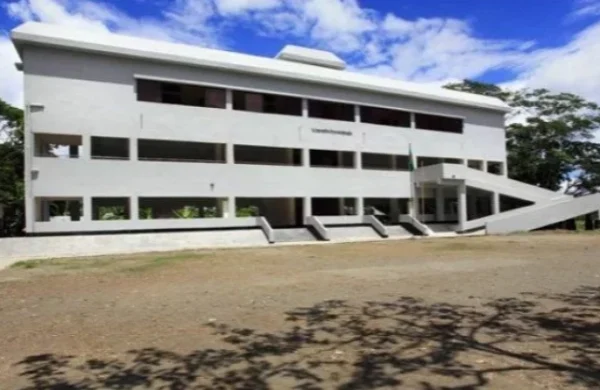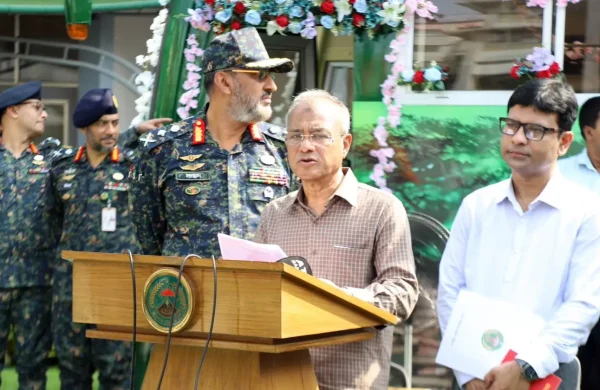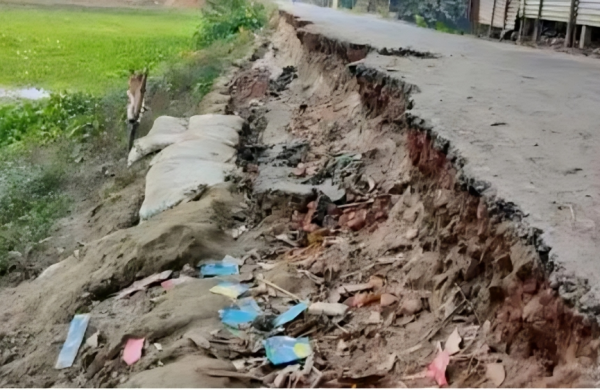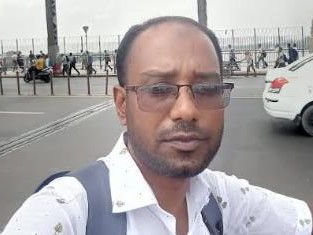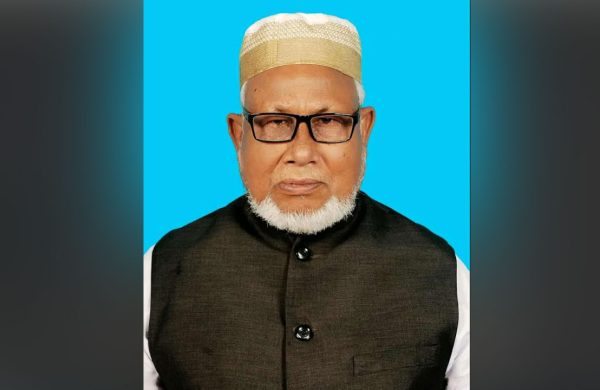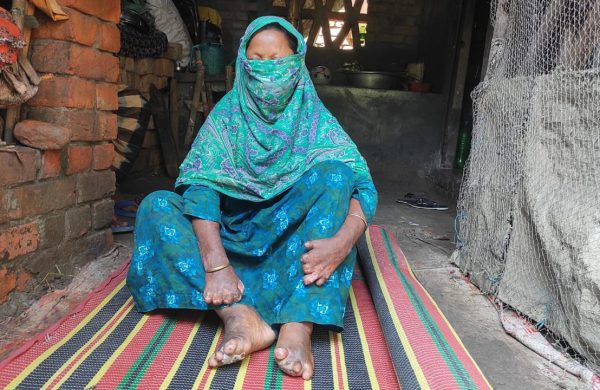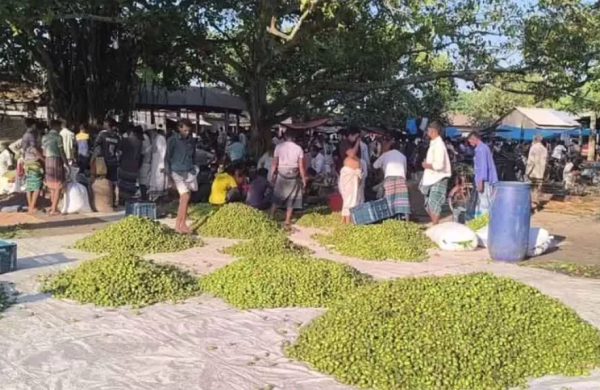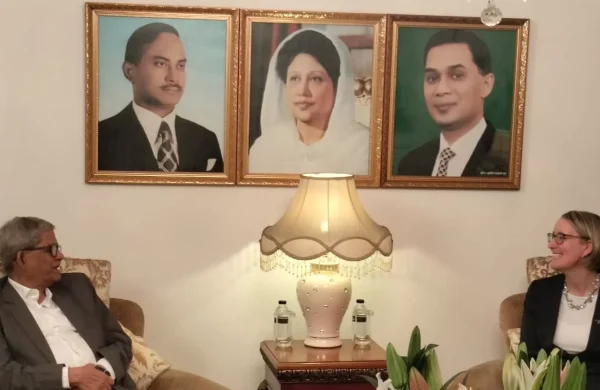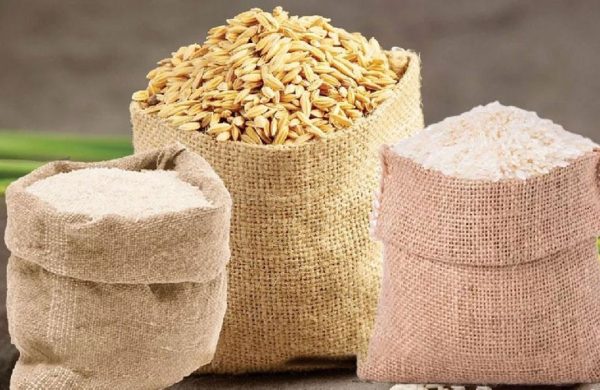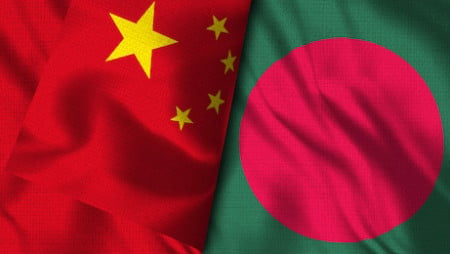Govt wants Chinese investment in Kuakata rail link, MRT Line II
- Update Time : Wednesday, July 3, 2024
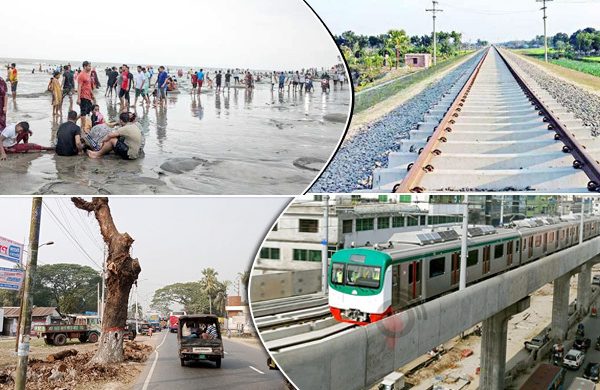
- The proposed cost of MRT Line-II project is about Tk 60,836 crore, foreign loan requirement is about Tk 45,626 crore.
- Proposed expenditure on Bhanga-Barishal-Kuakata railway project is about Tk 41,798 crore, foreign loan requirement is about Tk 32,199 crore.
- The proposed cost of Faridpur-Barishal and Barishal-Kuakata four-lane road construction project is about Tk 35,556 crore, foreign loan requirement is about Tk 30,174 crore.
TDS Desk:
The government plans to seek Chinese investment in two new megaprojects-(I) the Bhanga-Kuakata Rail Link and (II) the Mass Rapid Transit (MRT) Line II between Gabtali and Narayanganj.
The total cost of these projects is estimated at Tk 1.26 lakh crore, and the government aims to secure Tk 77.82 thousand crore in foreign funding.
Prime Minister Sheikh Hasina is expected to visit China from July 8 to 11, during which some significant business deals will be signed, according to Foreign Minister Dr. Hasan Mahmud.
Officials from the Economic Relations Division (ERD) mentioned that, in addition to the MRT Line II and the Kuakata rail link, Chinese funds might be sought for several other projects, including the construction of the Faridpur-Barishal and Barishal-Kuakata four-lane roads. The estimated cost of this project is Tk 35.5 thousand crore, with Tk 30.12 thousand crore expected to come from foreign loans or grants.
China is also likely to provide funding for constructing around 35 small bridges and some disaster management infrastructure. Another deal on disaster management and a memorandum of understanding on approving development projects are also expected during the Prime Minister’s visit.
In preparation for the Prime Minister’s visit, Liu Jianchao, the international affairs minister of the Chinese Communist Party, met with Foreign Minister Hasan Mahmud on June 24. Hasan Mahmud informed journalists that several agreements and MoUs are anticipated to be signed during the visit, which would mark significant milestones in the relationship between the two countries.
A coordination meeting at the Prime Minister’s Office will finalise the agenda for the visit, including discussions and agreements.
BHANGA-BARISHAL-KUAKATA RAIL LINK:
A 369.40 km long single-line railway will be constructed from Bhanga railway junction in Faridpur to Kuakata in Patuakhali via Barishal. The project is estimated to cost around Tk 41.8 thousand crore, with approximately Tk 32.2 thousand crore expected to be sourced from foreign loans. Government funds will be used for land acquisition.
A survey costing Tk 49 crore and a feasibility study completed in June 2022 indicate the need for foreign loans, but the ERD has not yet secured a source, leading to uncertainty in the project’s implementation. Efforts are ongoing to obtain Chinese funding, with the Railways Ministry planning to request the ERD to secure a Chinese loan.
MAIN TASKS OF THE PROJECT:
The total length of the railway will be 214.91 km, with 190.11 km of the main line and 24.80 km of the branch line, totaling 369.40 km of track. This includes a 214.91 km main line and a 154.49 km loop line. The project will feature 440 box culverts, totaling 4.43 km, and 36.74 km of elevated railway at both ends of the 10 major bridges.
36 KM ELEVATED TRACK ON BHANGA-KUAKATA ROUTE:
There will be 10 major bridges with a total length of 4.86 km, with 36.74 km of elevated railway constructed at both ends of these bridges. The elevated railway will span rivers such as Kumar, Kaliganga, Shikarpur, Amtali, Kirtankhola, Payra, Patuakhali, Andharmanik, Tiakhali, and Khapra Banga.
Nineteen scenic stations will be constructed along the railway, including Bhanga Junction, Baraitla, Tekerhat, Madaripur, Kalkini, Gournadi, Uzirpur, Barisal Airport, Barisal, Dapadapia, Bakerganj, Badarpur, Patuakhali, Kukua, Amtali, Payra Port, Payra Port Yard, Lemupara, and Kuakata.
Sheikh Sakil Uddin Ahmad, Additional Secretary (Planning) at the Ministry of Railways, stated that the government is seeking a development partner for this massive railway project, with the ERD requested to secure Chinese investment.
The project implementation period is seven years, including one and a half years for tendering, land acquisition, and rehabilitation work, followed by four and a half years for infrastructure construction.
MRT LINE-2:
The government plans to construct six Metro Rail lines in Dhaka by 2030. The first, MRT Line 6 between Uttara and Motijheel, is already operational. However, funding for MRT Line-2 from Gabtali to Narayanganj has not yet been secured. The ERD plans to seek funding from China after approaching Japan and South Korea. The estimated cost of this project is Tk 60.84 thousand crore, equivalent to about $5.2 billion, with Tk 45.62 thousand crore expected from foreign loans.
The MRT Line-2 route plan includes stops at Gabtali, Dhaka Udyan, Mohammadpur Bus Stand, Jigatala, Science Laboratory, New Market, Azimpur, Palashi, Dhaka Medical College, Gulistan, Motijheel, Kamalapur Station, Manda, Dakshingaon, Dhamri Para, Signboard, Bhuighar, Jalkuri, and Narayanganj. A branch line will connect Gulistan with Old Dhaka’s Sadarghat via Nayabazar. The total length of this project is about 35 km.
DMTCL officials are seeking development partners for the MRT Line-2 project through the ERD, and this issue is likely to be on the agenda during the Prime Minister’s visit to China.
FARIDPUR-BARISHAL-KUAKATA FOUR-LANE ROAD:
The proposed Faridpur-Barishal and Barishal-Kuakata highways are crucial links in the national highway network and are part of the South Asia Subregional Economic Cooperation Road Corridor (SRC-4). Currently, these highways are two-lane roads with limited capacity and no service lanes, leading to frequent traffic jams, which worsened after the opening of the Padma Bridge.
When asked about the financing of the Bhanga-Kuakata rail link and MRT Line-2 projects during the Prime Minister’s visit to China, Secretary of the Economic Relations Department Shahriar Quader Siddiqui confirmed that these projects are on the agenda. However, he emphasized that nothing is finalized until the agreements are signed in China. Discussions about Chinese loans for the rail link, metro rail, and four-lane road projects are ongoing but not yet final.
Additionally, investment discussions include the renovation of the Bangabandhu International Conference Centre, the construction of another sewage treatment plant, the purchase of four ocean-going vessels for Bangladesh Shipping Corporation (BSC), the establishment of an economic zone at Anwara in Chittagong, the conversion of the railway line from Akhaura to Sylhet section from meter gauge to dual gauge, and the establishment of digital connectivity and infrastructure for municipalities.


